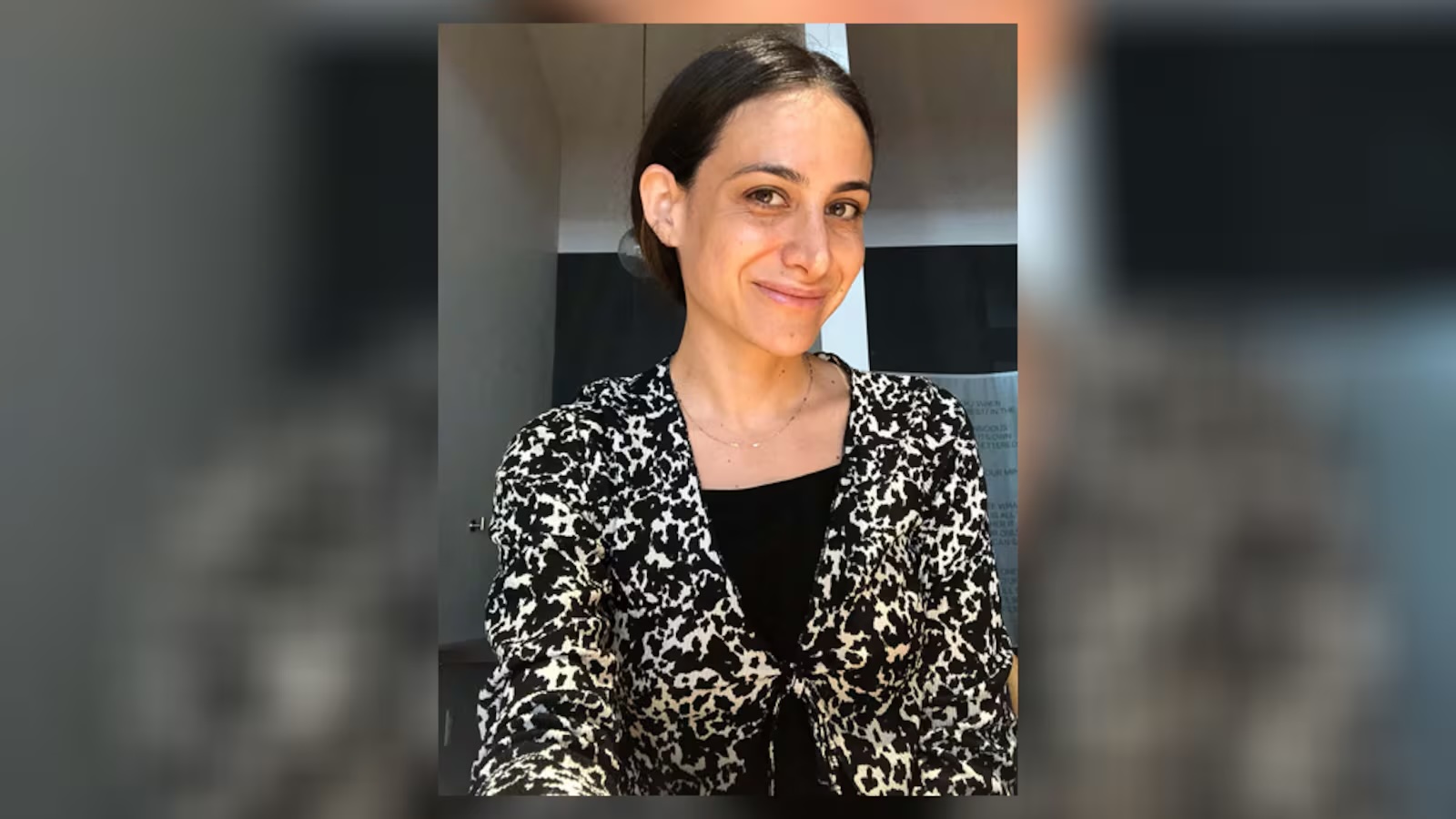At Carter Center, Atlantans bring peanuts, flowers to mourn ‘passing of an era’

As the sun rose Monday for the first time in a century without Jimmy Carter, it illuminated flowers and a can of peanuts placed by mourners at the Carter Presidential Center in Atlanta.
Carter, the 39th president and former Georgia governor, died Sunday at age 100. He entered home hospice care in Plains in February 2023 after a series of short hospital stays.
In the hours since his death, the nonprofit Carter Center, founded in 1982 to continue the work and legacy of the president, and the nearby Jimmy Carter Library and Museum became a busy hub for Atlantans to gather and pay their respects. Since Sunday afternoon, a collection of flowers and candles steadily grew at the center in the Poncey-Highland neighborhood.

Many people arrived on foot to take photos in front of the center’s prominent sign. Others brought bouquets of flowers to lay in Carter’s honor. Several dog walkers paused near the center to reflect on Carter’s legacy.
The late president has been celebrated for his time in office — which included forging the Camp David Accords, which set the table for a historic peace treaty in 1979 between Israel and Egypt that still holds today — but also for his work in the decades since.
A big part of that work included the creation of the Carter Center.
While the organization originally was focused on mediating peace between warring groups, its mission evolved over the years to include work around international election integrity and, more recently, a focus on working to eradicate little-known but devastating diseases, such as the Guinea worm.
In interviews with The Atlanta Journal-Constitution, Carter spoke about his belief that he was able to effect more global change via the center than the White House. At a 2015 press conference he said that given the choice between winning a second term or founding the Carter Center, in retrospect he would have chosen the Carter Center.
Carter’s commitment to doing good — in Georgia, the United States and abroad — was a common theme among well-wishers and mourners Monday.
Gray and Marge Crouse walked from their Inman Park home early Monday morning to photograph the Carter Center sign. Carter’s death represents “the passing of an era, one of the first presidents I remember,” Marge Crouse said.
The couple moved to Georgia in 1984, so their most poignant memories of Carter were of his activities after he left the White House.
“That drew me more to him than anything else — that he was just a wonderful human being,” Marge Crouse said.
Gray Crouse said he voted for Carter during both of his presidential runs. A retired Emory University faculty member, he had lunch twice with the former president at the Carter Center. He recalled that instead of ordering a meal or bringing in catering, Carter got lunch from the cafeteria just like everybody else.
“I was impressed by how bright he was and how engaged he was — just what a warm person he was,” he said. “He was really, very special.”
While Carter’s legacy already stretched large while he was alive, the retired academic expects that his presidency will continue to be reevaluated in the years following his death.
“You look back at his presidency and see how far advanced he was in so many things he did,” he said.
Carter’s progressive — and giving — approach is something Renée Lewis Glover also remembers from her time serving on Habitat for Humanity International’s board of directors. The Carters spent decades volunteering for the organization.
Glover, 75, traveled overseas with the couple for several of their yearly builds. She particularly recalls one construction project in Thailand, when she guessed the Carters must have been in their 80s. It was hot, everyone else was struggling, but “Jimmy and Rosalynn were just hammering away.”
“We all were much younger than they were, and nobody could outwork them,” she said.
She came by the Carter Center to pay her respects and offer a prayer for Carter and his family. She hopes the world can appreciate what a special place Atlanta is thanks to figures like the Rev. Martin Luther King Jr., John Lewis and Carter.
“We were just blessed as a world that he and Rosalynn came this way,” Glover said. “The things he focused on, they were all about making us better as human beings throughout the world.”
Sean Davis, a freelance photographer from Memphis, Tennessee, also witnessed the former president working hard with Habitat for Humanity. He photographed Carter in 2016.
“He was 92 years old out there, in Memphis humidity, building houses,” Davis said. “I respect that he practiced what he preached. He was always giving back.”
Christine Mason also considers Carter to be one of the greats. She brought a bright bouquet of flowers to the Carter Center because she felt she needed to pay tribute to a man who was “one of Atlanta’s — Georgia’s — people, like John Lewis or MLK: people that make a difference for everybody.”
Mason, 45, was baby when Carter was president. After his term, he could have retired and simply enjoyed his life, she said.
“But he went back and helped people. That makes a difference,” she said.
Laura Cole, a Decatur resident, also added a bright red bundle of amaryllis flowers at the sign while her dog waited patiently beside her. When Cole was little, her school held a straw poll during which she cast her vote for Carter, just like her father. After his presidency, “he got better and better.”
“He’s like all the good values that our parents raise us on,” she said.
It struck her that, after his presidency, he returned to Georgia, that he remained humble and modest, and that he worked to eradicate diseases around the world. Soon after Cole graduated from college, she visited the Jimmy Carter Presidential Library and Museum in search of a library membership. It’s something she laughs about now, but it was the first of many visits she’s paid over the years to the Atlanta institution.
He put “his money and his heart and his shoe leather where his mouth is; it’s just brilliant,” she said.
Carter’s legacy makes the Georgia native proud of her home state — he represents the “best Georgia can offer,” Cole said.





